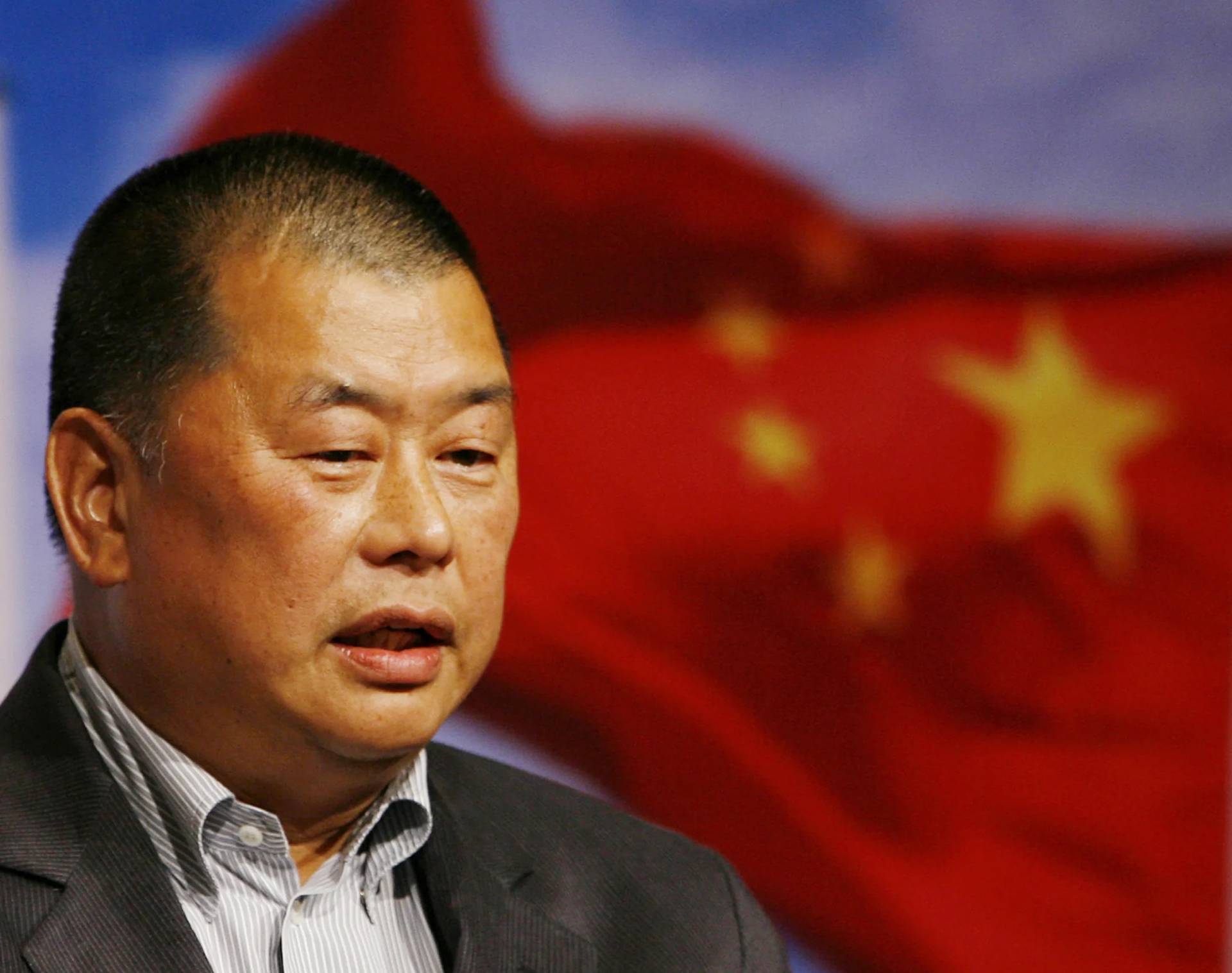MUMBAI – In yet another front in the long-running tensions within India’s Syro-Malabar Catholic Church, a priest known as a reformer has been served with a decree by his bishop ordering him to move into a residence for clergy and prohibiting the exercise of all priestly ministries.
The order bars Father Aji Puthiyaparambil, who’s been accused of violating decisions of the Synod of Bishops of the Syro-Malabar Church and delivering public speeches violating ecclesiastical disciplines, not only from celebrating Mass in public but even from the reception of communion during a public liturgy.
The Nov. 10 decree was issued by Bishop Remigiose Inchananiyil of the Diocese of Thamarassery in India’s southern Kerala state.
Centered in the southern Indian state of Kerala, the Syro-Malabar Church has more than four million followers worldwide, making it the second largest of the Eastern Churches in communion with Rome after the Greek Catholic Church in Ukraine.
The decree follows an announcement last month that a disciplinary case had been opened against Puthiyaparambil on the basis of what church authorities described as persistent disobedience, although the 46-year-old priest claims he’s being targeted because of his efforts tio expose corruption and promote reform.
Among other things, Puthiyaparambil has spoken out on a series of controversial real estate deals within the Syro-Malabar Church which have led to a series of criminal charges against Cardinal George Alencherry, the head of the Church.
“The Church suffers from moral turpitude and lack of financial transparency. There are court cases against bishops and many of them openly indulge in political alliance,” Puthiyaparambil said in October.
Contacted by Crux about the new decree, Puthiyaparambil repeated his criticism.
“The Church in Kerala is walking away from the path of Jesus,” he said. “My humble aim is to bring it back on track. Many activities of the Church today are not only blurring the face of the Church, but also defaming Jesus.”
“I am really convinced that Jesus called me to do this prophetic mission,” he said. “It’s not to hurt the Church, but to heal the Church.”
Puthiyaparambil blasted the Nov. 10 decree from Inchananiyil as “inhuman and illegal.”
“No one has the authority to prohibit a human being from his basic human rights,” he said. “It’s against the will of God. I am so sad to see this type of revengeful attitude of the authorities.”
In addition to controversies over financial administration, the Syro-Malabar Church is also facing a protracted liturgical crisis regarding the proper mode of celebrating the Mass.
While the Church’s synod has decreed that priests should celebrate facing the congregation during the Liturgy of the Word and facing the altar during the Liturgy of the Eucharist, a substantial share of clergy and laity in the Archdiocese of Ernakulam-Angamaly, the largest Syro-Malabar jurisdiction, insisting on facing the people throughout the Mass.
In mid-November, a deal to end the dispute, which has seen a cathedral-basilica and minor seminary forcibly closed and priestly ordinations delayed, seemed to fall apart after Church authorities reportedly declined to implement it.
For his part, Puthiyaparambil seemed to be unrepentant.
“I have taken this prophetic mission with solid conviction to clean up the Church within my limitations,” he said. “I am not bothered about its success or failure, only concerned about being faithful to my mission.”













